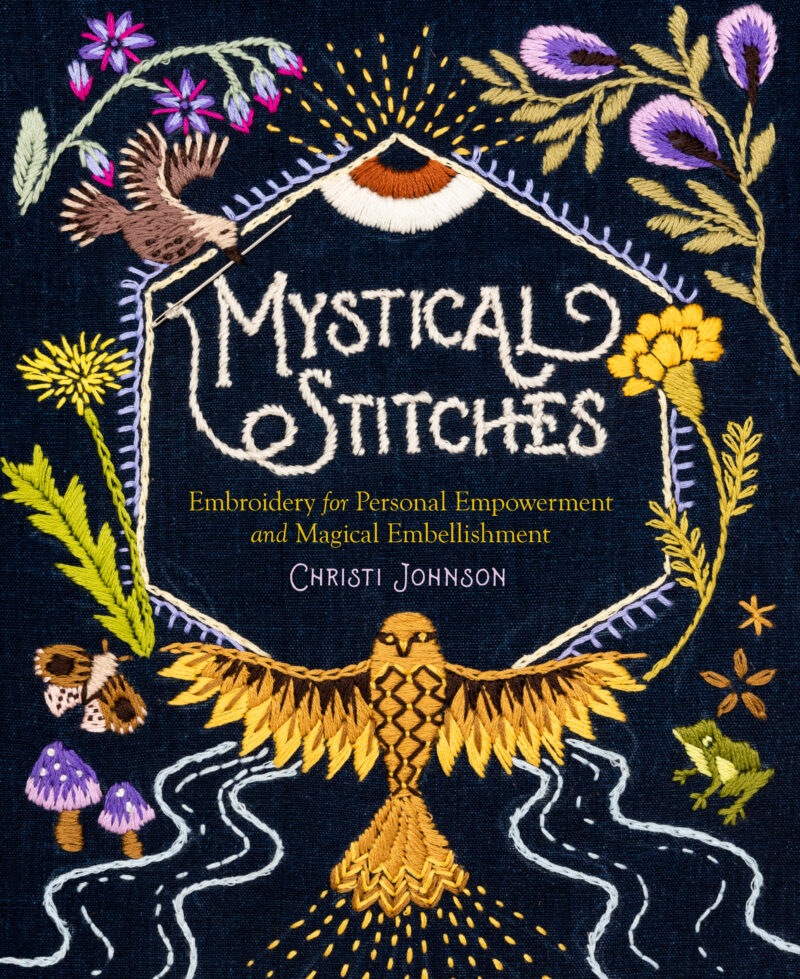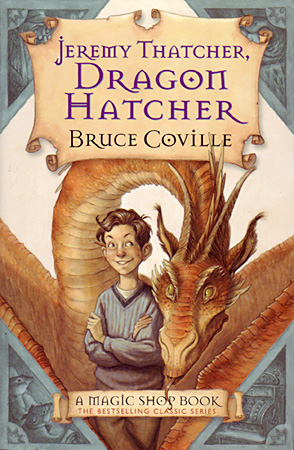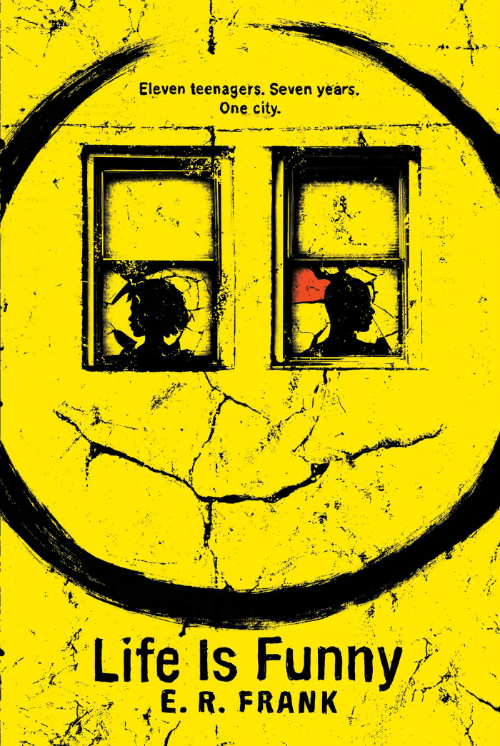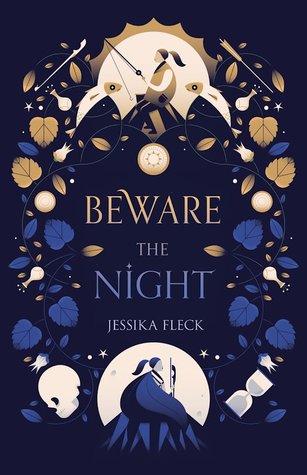[button color=”black” size=”big” link=”http://affiliates.abebooks.com/c/99844/77798/2029?u=http%3A%2F%2Fwww.abebooks.com%2Fservlet%2FSearchResults%3Fisbn%3D9781585678754″ target=”blank” ]Purchase here[/button]
One of my fellow audio-book enthusiasts put me on the scent of the hilarious series collectively known as “Jeeves and Wooster.” These are a series of novels and short stories poking satirical fun at an idle rich young Englishman named Bertie Wooster, whose valet Jeeves leads him around by the nose but makes it worthwhile by always knowing what to do in any awkward situation. These stories were published in book form starting in 1917, though some of them had appeared in magazines as far back as 1911. The series continued all the way to 1974, a year before the author’s death. And so Jeeves and Wooster lived a full life in real time! That’s a long time for one author to be writing stories about the same characters, what?
This 1919 book, in particular, contains four of the earliest Jeeves-and-Wooster stories, together with four stories featuring a character named Reggie Pepper. While Pepper’s antics take place in England and his valet isn’t especially important, and Bertie is a British expatriate living it up in New York City, they have a similar goofball appeal. Each story is narrated in the first person in the sporting lingo of a British public-schoolboy of limited brains and ambition combined with unlimited wealth, preoccupied with gentlemanly leisure pursuits and given to meddling in the problems of men in his social set. These problems, ranging from romantic trouble to keeping themselves in favor with rich aunts and uncles who provide them with the means to live well, always prove fertile ground for humorous complications and droll remarks; and especially when Jeeves is around, there are always surprise twists.
The paradox of this type of satire is that you can look on the characters as kindly or as unkindly as you choose. Being narrated by the main characters, they are understandably gentle in poking fun at the thoughtlessness, idleness, and wastefulness of the playboy lifestyle; some readers may even get caught up in the fantasy of having such a difficult-to-attain level of privilege handed to one without merit or desert. On the other hand, reading between the lines, you could also read the stories as the remorseless confessions of a sociopath so oblivious to the harm he is doing to himself and others that he thinks of it as a humorous anecdote to dine out on. Depending on your interpretation, these stories could be read as either harmless little whimsies or chilling tales of irony and horror. But it would be hard to remain horrified for very long when either Bertie or Reggie is never many seconds away from saying something so disarmingly silly that you have to laugh out loud, and when everything works out all right in the end.
I listened to this book as read on four CDs by Jonathan Cecil, an actor whose voice brought out all the characters with a wonderful, light touch. Unfortunately, four disks accounted for only two days’ worth of commuting. So I plan to look up as many of the other Jeeves-and-Wooster books as may be floating around the County Library system, regardless of where they stand in order of publication. This, for instance, is my first Jeeves experience, but the second (1919) book in the series; the first, if you must start at the beginning, was 1917’s The Man With Two Left Feet. And yes, it was Wodehouse’s Jeeves who lent his name to the internet search engine Ask Jeeves. If nothing else, that’s a measure of Jeeves’ reputation for having the answer to everything. And if each answer comes with as many laughs as the ones in this set, I foresee many fun road trips ahead of me.





